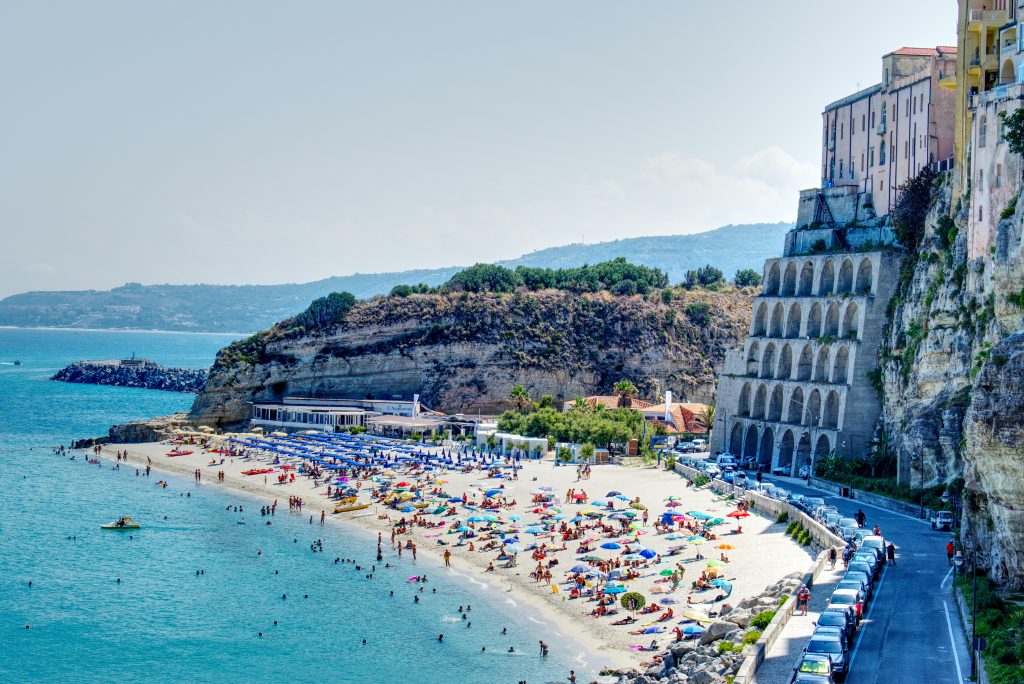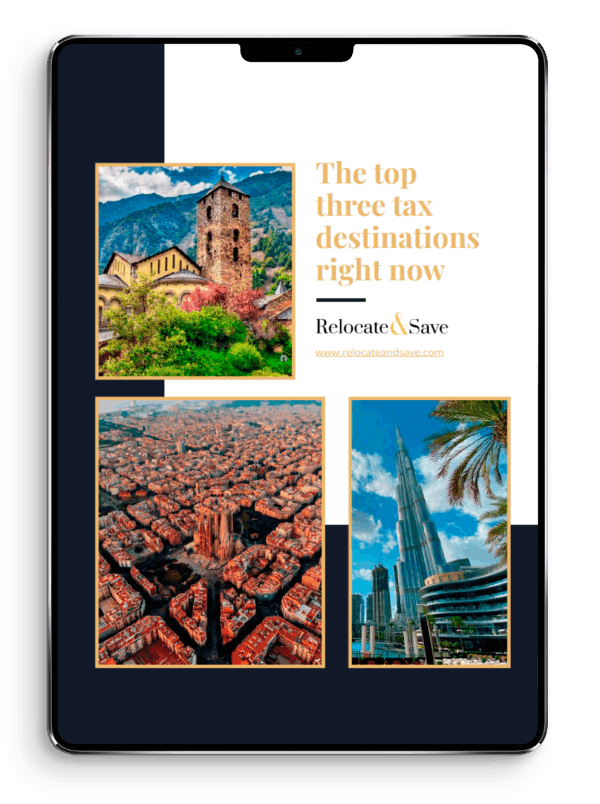People usually contact us to learn more about Italy’s “flat tax” regime, a special system for richer people. However, there’s a new Italian regime for foreign retirees that is also starting to attract some attention, due to how interesting it is.
What’s the Italian tax regime for foreign retirees?
In 2019, Italy’s Budget Law introduced a preferential tax regime similar to the Portuguese NHR, with the aim of attracting the foreign population to southern Italy. But, unlike the NHR, this regime is not targeted at digital nomads or entrepreneurs, but instead, at retirees living abroad.
This is how Italy is following the example of other countries such as Portugal and Greece by creating a preferential tax regime aimed at attracting upper-middle-income individuals to southern Italy, the area of the country with the least economic development.

How much taxes are paid under this tax regime?
According to the wording of the Italian tax regime for foreign retirees, all foreign-source income will be subject to a substitute tax of 7%, regardless of whether it’s a pension income or income from investment portfolios (capital gains, dividends, or interests).
Therefore, the system is extremely simple: foreign retirees moving to southern Italy will only pay 7% of all their non-Italian income.
Nonetheless, since the new tax regime consists of a substitute tax, the taxpayer will not be entitled to any deduction for international double taxation. Alternatively, the taxpayer has the option to exclude income earned in certain countries from Italian taxation and subject it to ordinary taxation.
What are the requirements to qualify for this regime?
In order to apply for this tax regime for foreign retirees, the following requirements must be met:
- The applicant must receive pensions or a similar kind of income with an origin outside Italy.
- The tax domicile of the applicant taxpayer should be located outside Italy for the last five years.
- A double taxation avoidance treaty must exist between Italy and the state in which the applicant had their residence in the previous years.
- As an applicant, you must transfer your residence to the list of regions established in the law, usually in the south of Italy.
What parts of Italy are better for retirement and paying fewer taxes?
The applicant will not be able to apply this regime in cities such as Florence, Milan, or Rome… but they will be able to enjoy the beautiful beaches of Sardinia, Sicily, or Calabria without paying little to no taxes.
Specifically, the rule determines that as an applicant, you will have to choose a city that:
- Is included in the territory of one of the following regions: Abruzzo, Puglia, Basilicata, Calabria, Campania, Molise, Sardinia, Sicily.
- Doesn’t have more than 20,000 inhabitants.
How long can I benefit from this regime?
The special tax regime will be applicable, upon express request of the taxpayer, starting from the tax year in which the taxpayer moves their residence to Italy and for the following five years.
Once this period has elapsed, the taxpayer will be subject to ordinary taxation according to Italian law.

Other advantages
The taxpayer subject to the new tax regime will also benefit from two additional exemptions:
- They will not be obliged to make the declaration of assets held abroad (bank accounts, financial assets, real estate, etc.).
- Assets held abroad will not be subject to Italian wealth taxes (exemption from the so-called “IVAFE” and “IVIE”).
Are you considering retiring to Italy?
Paying just 7% tax makes Italy an idyllic retirement destination.
If this option appeals to you, our international tax experts can help you arrange your change of residence and minimize your tax bill in your home country. If you have any questions and would like us to help you with the process, please write to us at [email protected] or via the contact form.
And if you’re interested in changing your tax residence, but you’re not sure about which is your ideal destination, we recommend you to download and read our updated report on “The top three tax destinations right now”, available below (it’s free!)



 All communications are encrypted and will be treated with absolute confidentiality. Your data will never be shared with third parties.
All communications are encrypted and will be treated with absolute confidentiality. Your data will never be shared with third parties. 




